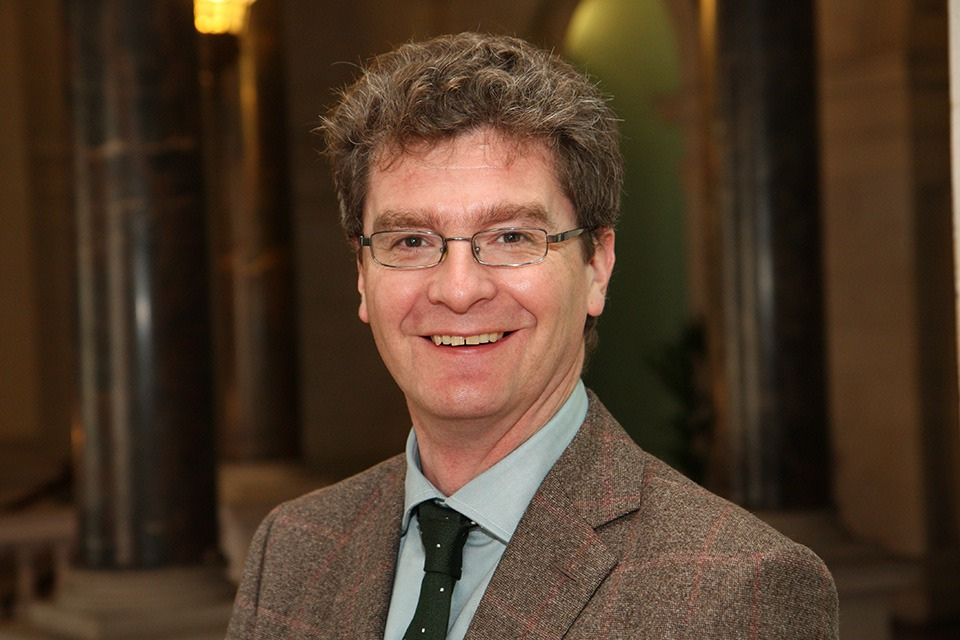New Model of Criminal Law - Discussions in Kazakhstan
Speech given by Deputy Head of Mission on 21 November in Almaty at the round-table. This is an English transcript of the speech.

Ladies and Gentlemen,
I am delighted to speak at this round table today and I would like to take this opportunity to thank both the Legal Policy Research Centre (LPRC) and the General Prosecutor’s Office for organising it. My thanks also to the OSCE, the Supreme Court and the Open Society Foundation for supporting this initiative on criminal justice policy.
The Legal Policy Research Centre has been a partner of the British Embassy for a number of years in such areas as torture prevention, business and human rights and criminal justice policy. I look forward to that cooperation continuing as we work with the government of the Republic of Kazakhstan for the benefit of all.
We support the ambitions and intentions of the Kazakhstani government to modernise its justice system. I would like to note that on 09 April, the President issued a decree on transforming the model of criminal law and criminal litigation. The aim is to improve both the legislation which deals with administrative offences and the system of executing criminal punishments.
I welcome the fact that today’s round-table allows civil society representatives to present their opinions to the members of the working group that is collecting recommendations on criminal and criminal procedural codes to influence criminal legislation.
LPRC is a member of the Consultative and Advisory body “Dialogue platform on the human dimension” under the Ministry of Foreign Affairs. I sincerely hope the recommendations that come from today’s meeting will be discussed within that platform. I also look to the the representatives of the General Prosecutor’s Office and Supreme Court who are here to also contribute towards achieving our common goal.
We hope the UK’s contribution towards this project will result in significant changes in terms of the promotion of fair trial standards. We also hope this will lead to the humanisation of the criminal justice system in Kazakhstan in line with international standards.
So, on the behalf of the British Embassy in Kazakhstan, let me thank LPRC and all the organisers and participants for gathering here today with the common aim of bringing a positive change for Kazakhstan’s future. I hope you find today’s discussions very useful and stimulating.
Rakhmet.